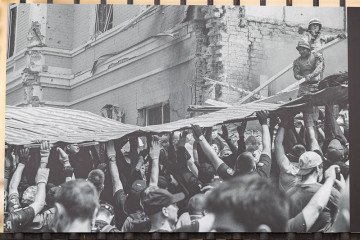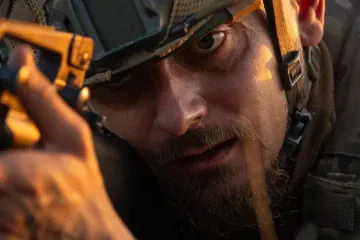- Category
- Culture
Ukraine’s Most Gut-Wrenching War Stories Just Hit the Big Screen at Docudays UA
In wartime Kyiv, even after some of Russia’s most intense attacks, audiences still fill screening rooms to witness Ukraine’s unfolding history. The 22nd Docudays UA film festival premiered in June 2025 with over 70 Ukrainian and international films, capturing everything from frontline heroism to the search for justice in Bucha.
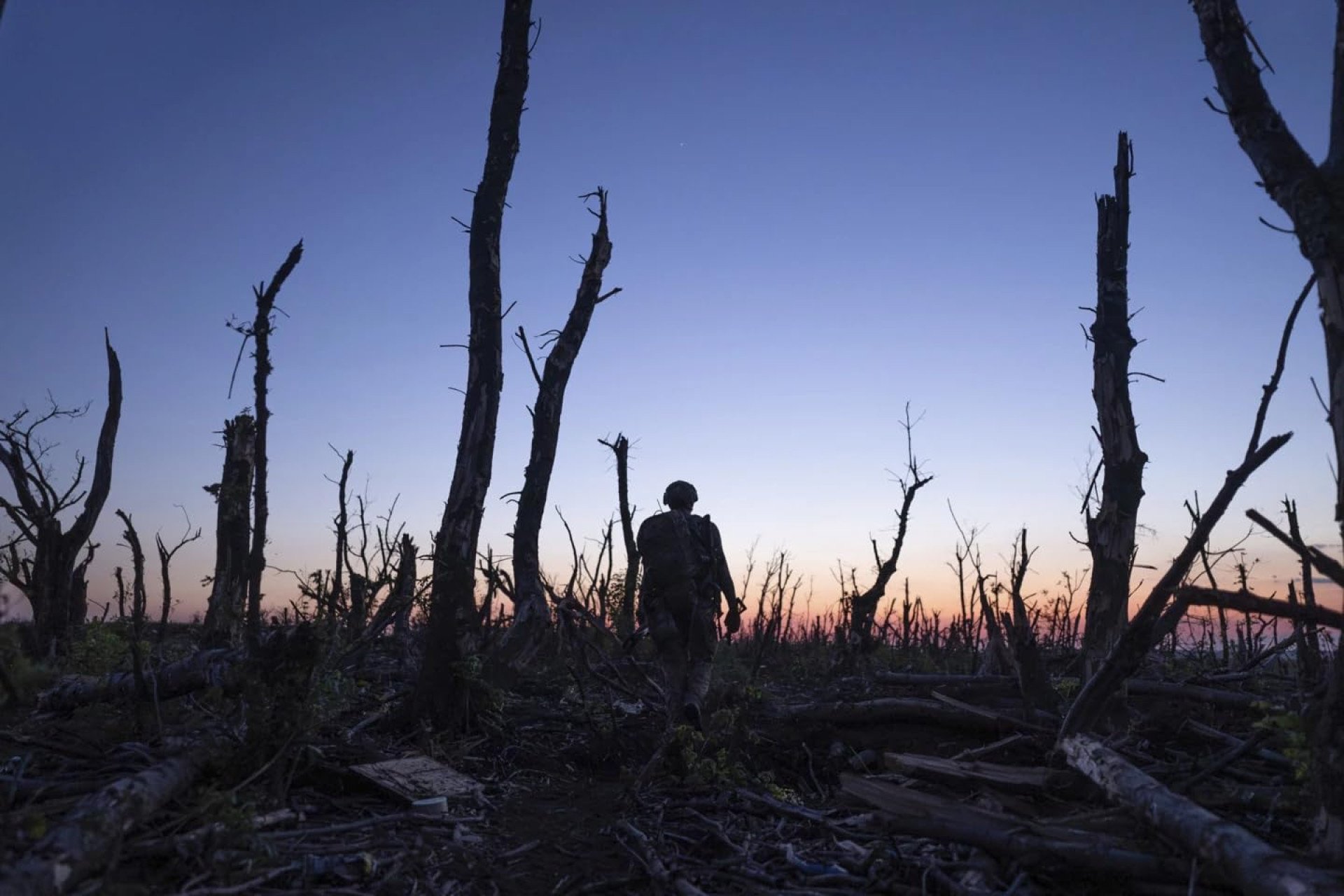
Organized by the NGO Docudays in partnership with the Ukrainian Helsinki Human Rights Union and other partners, the festival seeks to raise awareness of human rights, promote civic engagement, and support Ukraine’s film industry. This non-commercial, non-political event serves as a platform for meaningful dialogue and artistic expression.
With dozens of films on offer, our team faced a difficult decision on which screenings to attend. Ultimately, we chose three highly anticipated films, each providing a unique and important perspective on life in Ukraine: 2000 Meters to Andriivka, Bucha. Yablunska and Militantropos.
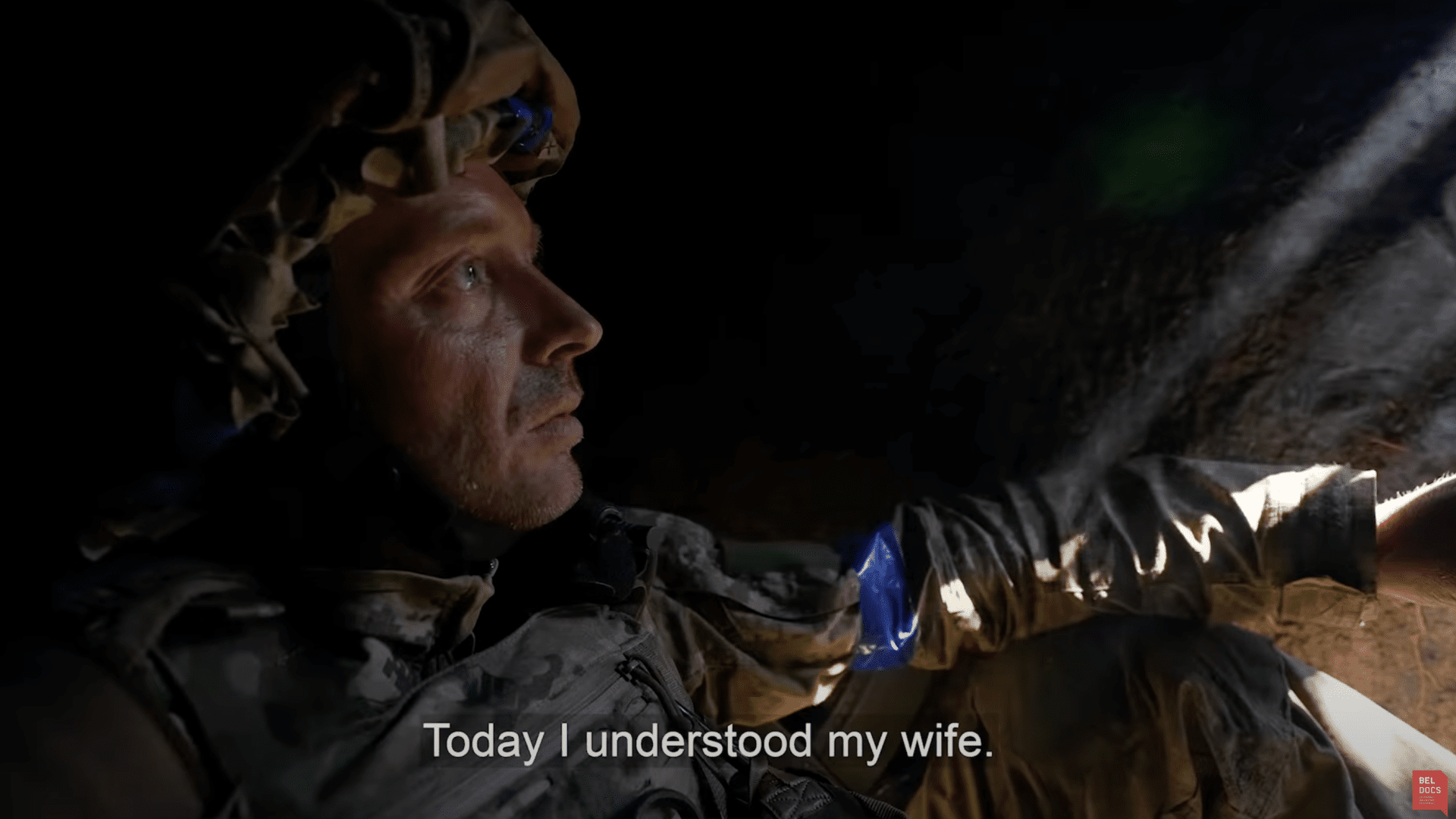
2000 Meters to Andriivka
If I’m ever asked which film best captures Ukraine’s fight against Russia, 2000 Meters to Andriivka would be at the top of the list.
Andriivka, a small village in the Donetsk region with a pre-invasion population of fewer than 80 people, became the site of a major battle during Ukraine’s 2023 counteroffensive. The only way in or out is a narrow, two-kilometer treeline surrounded by minefields—dangerous, but strategically important.
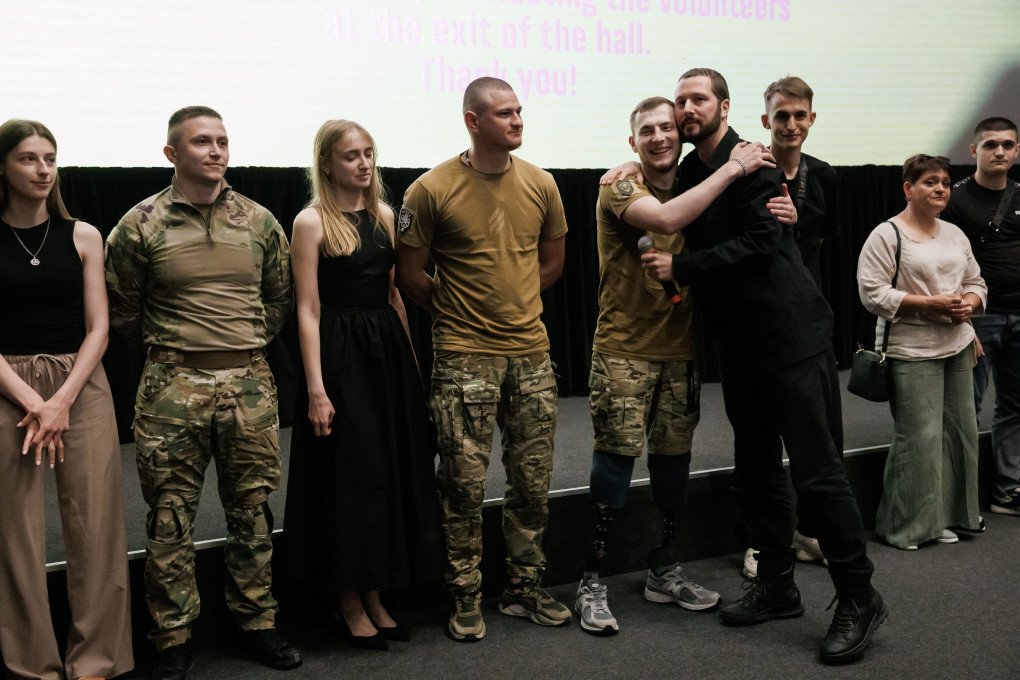
For civilians unfamiliar with the complexities of military operations, war can feel abstract. But filmmaker Mstyslav Chernov and his team skillfully structure footage provided by Ukrainian soldiers to make the battle for Andriivka both understandable and deeply human.
The film traces the full emotional spectrum of war: fear, anger, hope, grief, and bravery. What was once conveyed only through news reports or survivor testimony now unfolds in 4K, showing how ordinary civilians-turned-soldiers fought to reclaim their village—or what remained of it.
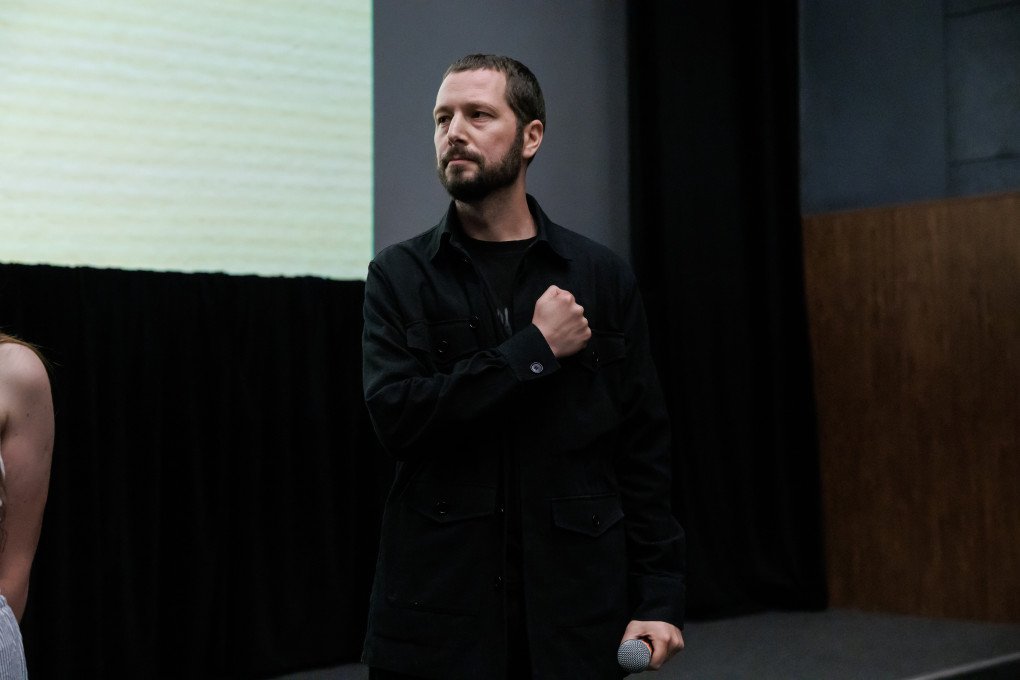
After the screening, Chernov remarked that while politicians and diplomats debate how much land or how many cities Ukraine should give up for peace, they need to understand that every meter of territory carries profound meaning for those who defend it.
“They must understand the real cost of what they are asking us to surrender. They come to see why Ukrainians long for peace yet stand ready to fight to the end for their cities, their fields, their comrades, and their families,” Chernov said.
“Our goal has been to turn the abstract language of headlines and political talk into real names and real places, so that they truly understand.”
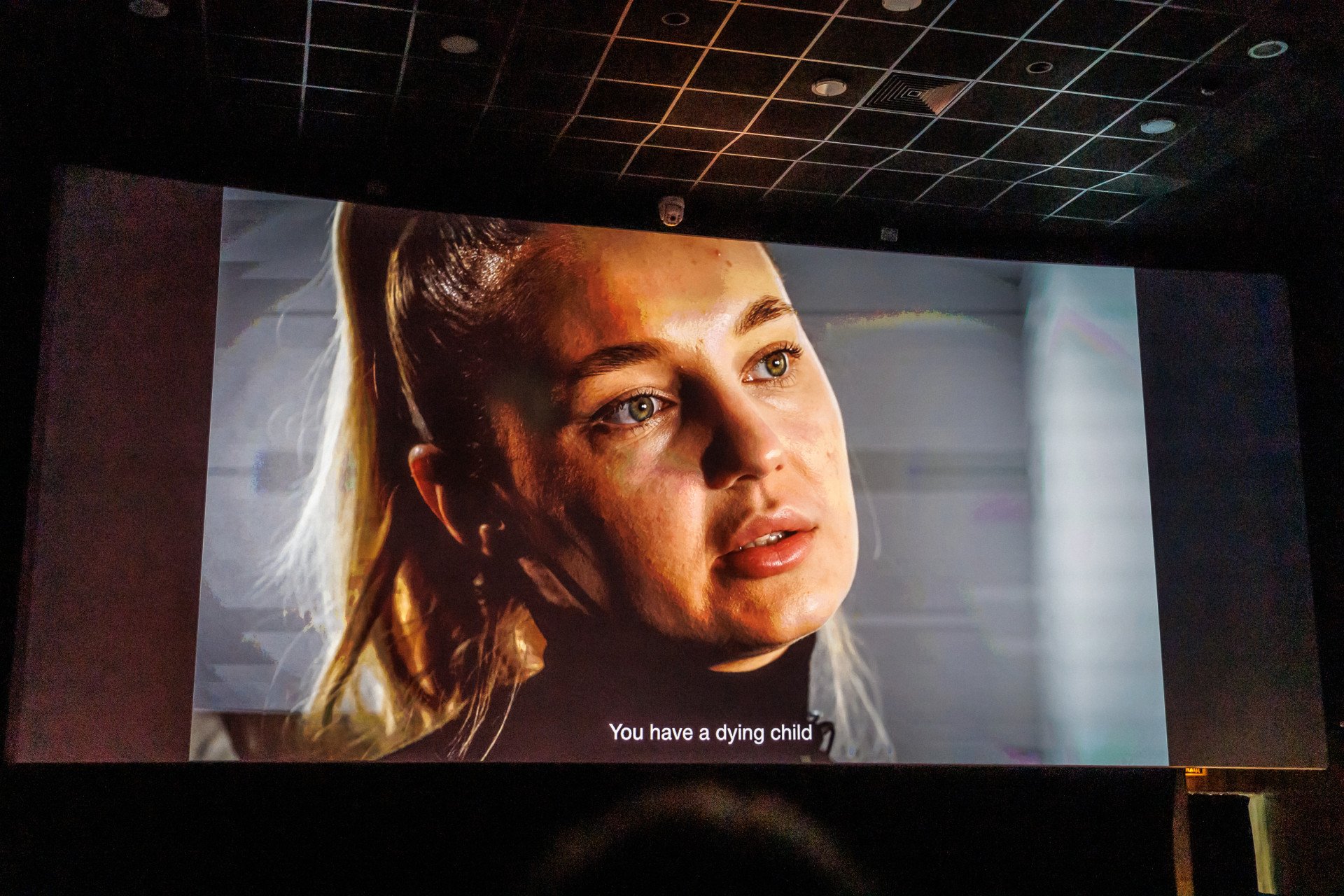
Bucha. Yablunska
After Bucha was liberated at the beginning of April 2022, harrowing images of Russian war crimes were revealed. The mass killings of civilians were immediately dubbed the Bucha Massacre, and the international community began speaking of a modern genocide of Ukrainians.
In this town of fewer than 30,000 residents before the war, Ukraine’s Prosecutor General’s Office reported the discovery of 637 civilian bodies—among them women, men, the elderly, and children. The highest number of victims was found on Yablunska Street, where Ukrainians were executed by the dozens.

“Putin’s war”—that’s how many call Russia’s invasion of Ukraine, as if the war happened only because of one man in power. The documentary has a clear mission: to identify the perpetrators behind the mass killings in Bucha, a town just 30 kilometers from Kyiv. It also seeks to offer some answers to the families of those who were killed.
Built largely from archival footage, including CCTV recordings, victim testimonies, and open-source intelligence, the film succeeds in putting names and faces to previously unidentified Russian soldiers, paving the way for future accountability and justice.
The documentary’s director, Dmytro Dzhulai, explained that the evidence, including data, videos, and photos, was collected from multiple sources, such as interviews with local residents and footage provided by Ukrainian soldiers.
“Many people still want justice, even though three years have passed,” Dzhulai said.
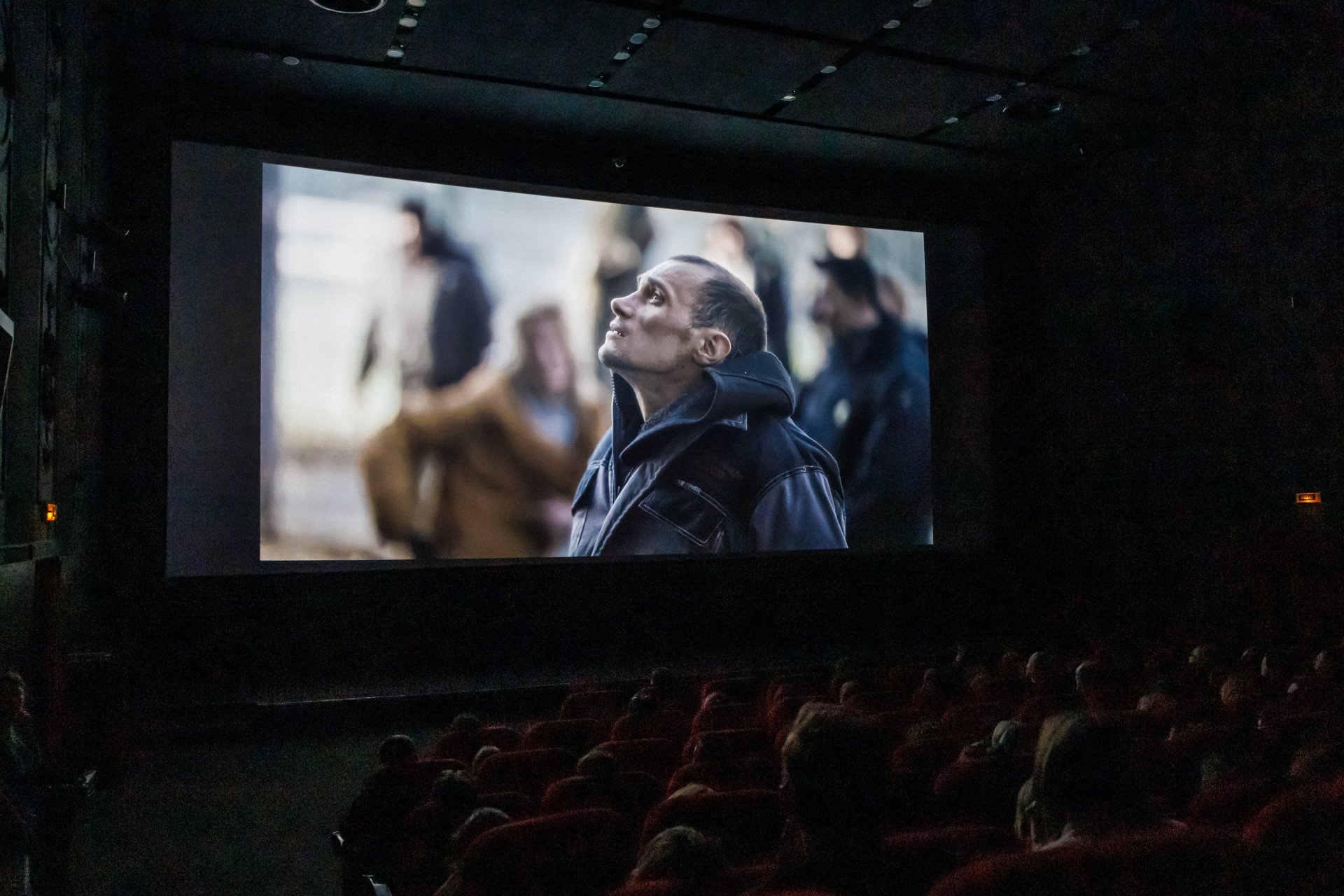
Militantropos
The title Militantropos merges the Latin milit (soldier) and the Greek anthropos (human), reflecting how war transforms both individual human nature and the fabric of society.
The film has no central protagonist and follows no scripted narrative. Instead, it unfolds as a fragmented yet coherent visual sequence that captures the lived experience of war across all segments of society.
The film, beautifully shot and deliberately paced to avoid the adrenaline-filled narrative typical of war documentaries, can at times feel long and might have benefited from a tighter edit.
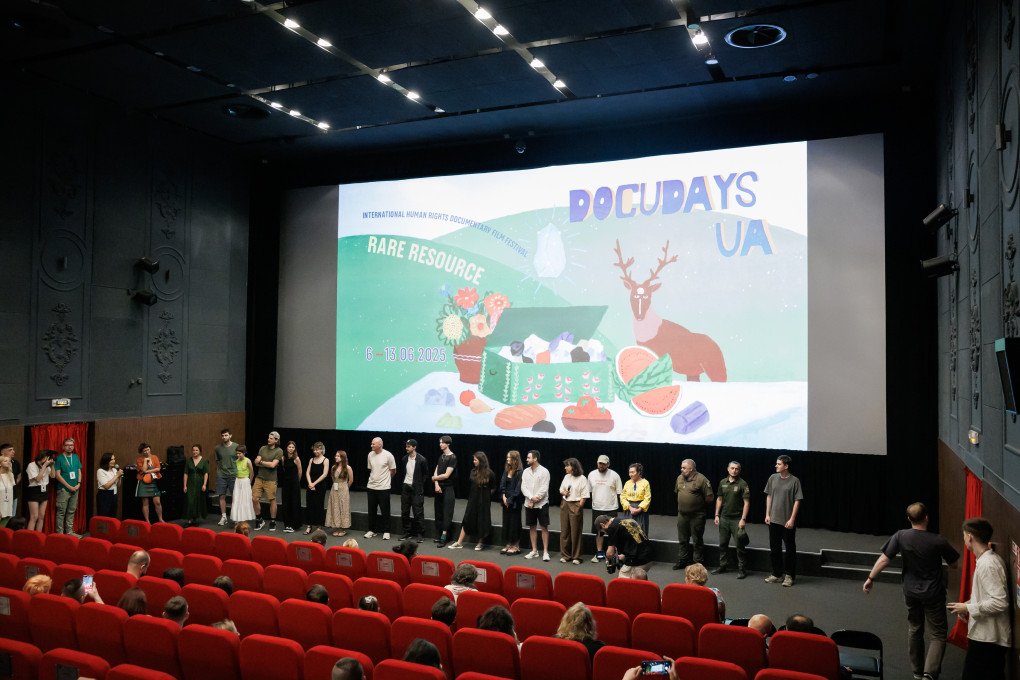
The directors of the movie Militantropos, Yelizaveta Smith, Alina Gorlova, and Simon Mozghovyi, stand in front of the audience after the end of the screening.
Still, for those who haven’t lived through war, Militantropos offers a rare and intimate window into the daily reality of a nation enduring an existential struggle. In its structure and tone, the film echoes Chris Marker’s La Jetée, which blurred the line between cinema and photo essay through its use of still imagery. Likewise, Militantropos forgoes conventional interviews and voiceover narration, inviting viewers to draw their own conclusions from what they see.
This is a portrait of a society where the unimaginable has become everyday. Where war no longer arrives—it simply stays.
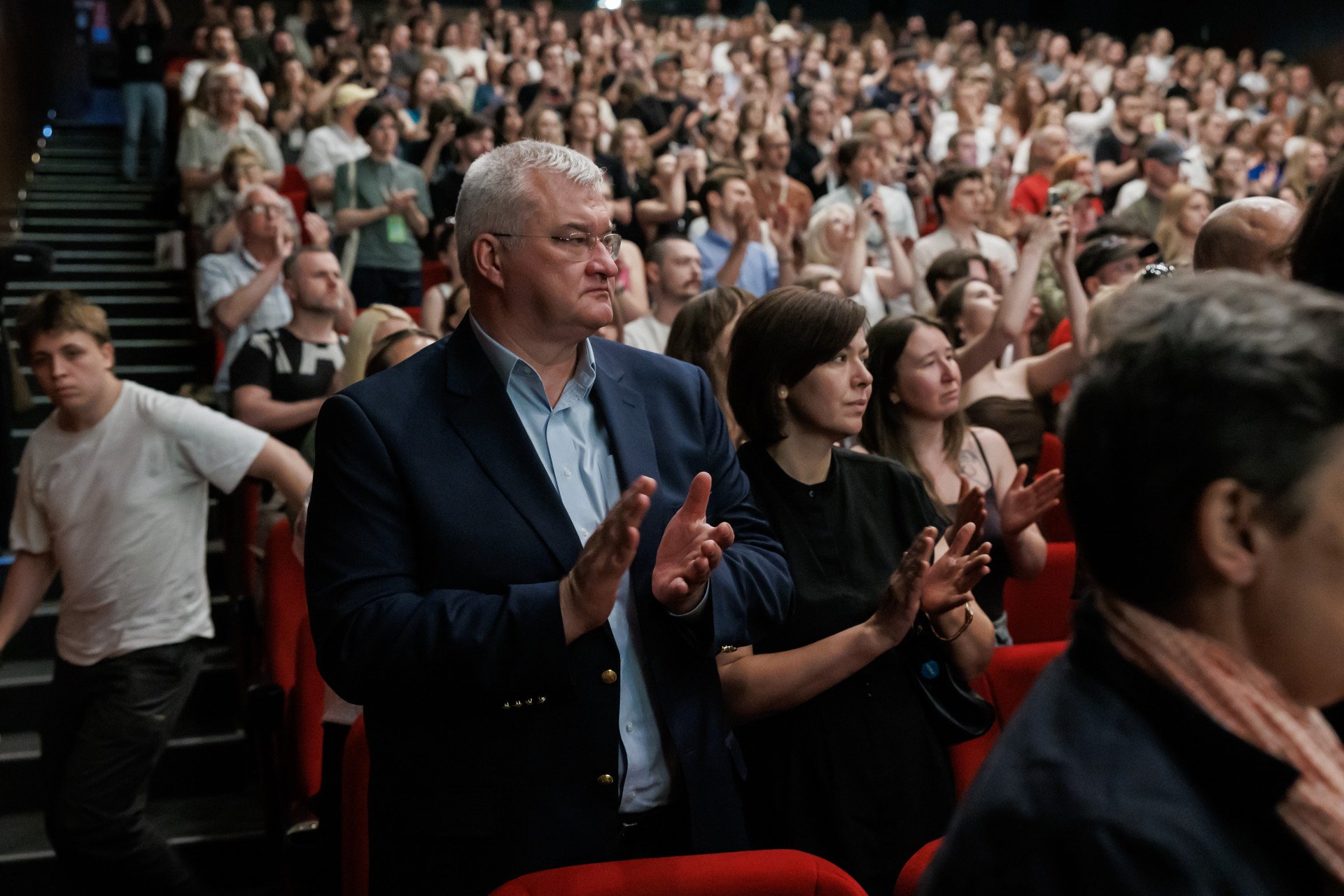
The multifaceted reality of today’s Ukraine was on display at Docudays UA, with many standout films. Hard to forget are the firsthand accounts of soldiers retaking Andriivka in Mstyslav Chernov’s harrowing documentary, or the meticulous reconstruction of atrocities in Bucha. Yablunska, exposed in forensic detail.
The top prize in the DOCU/WORLD 2025 category and the 2025 Audience Award went to 2,000 Metres to Andriivka, a film by Oscar-winning Ukrainian director Mstyslav Chernov.
“The winning film is extraordinarily powerful—an exceptional tribute to the resilience of the human spirit. It offers an unflinching look at Ukrainian soldiers willing to give their lives for their country, standing alongside the director and cinematographer. The film delivers a raw, almost visceral experience, portraying heroism without any romanticism and laying bare the brutal reality of war,” the jury noted.
The screenings, held amid the ongoing Russian aggression, offered fleeting moments of reflection, even as the war continued just beyond the theater doors.
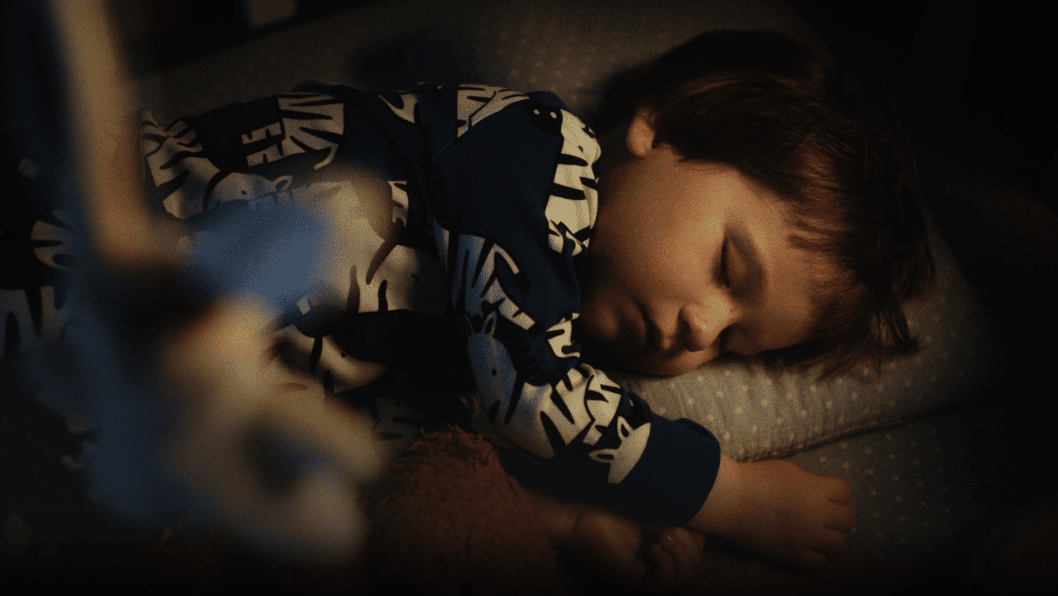
-f88628fa403b11af0b72ec7b062ce954.jpeg)
-554f0711f15a880af68b2550a739eee4.jpg)
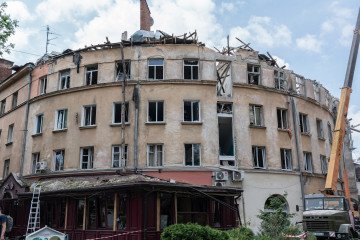

-85339c7a2471296aa16e967758e245c6.png)
